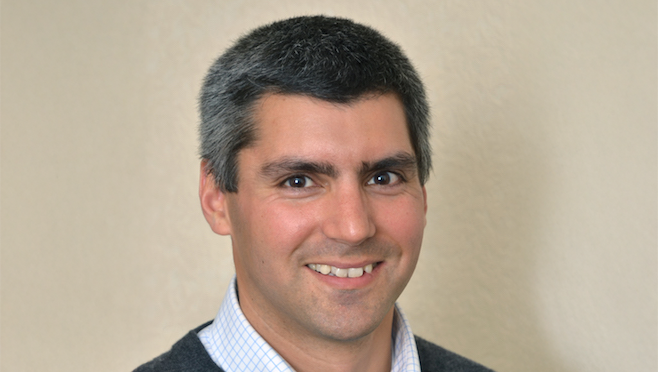We are delighted that one of our sponsored doctoral students, Andrew Dunlop, has completed his PhD project. We congratulate Andrew on this huge achievement.
The title of his dissertation is: Catholicity and Connection: an ecclesiological framework for the mixed ecology discerned through research in an Anglican team ministry.
His abstract follows:
The mixed ecology is a term increasingly used to describe an ecclesial landscape over a local or wider area that comprises of a mixture of traditional or inherited church congregations and contextual missional groups or fresh expressions of church. Whilst the practice has begun to infiltrate the Church of England both through diocesan and national strategy and through local practice, with some opposition, there has been relatively little ecclesiological investigation into the workings of the mixed ecology. This thesis uses the theological action research approach to conduct empirical study into one mixed ecology context – the Lordsbridge Team of Churches in Cambridgeshire, a group of 11 parish churches and 7 worshipping communities in the Church of England. The collaborative and participative research approach worked with members of the Lordsbridge context as co-researchers. Findings were analysed and put into conversation with existing writing on and critique of the mixed ecology and new forms of church, current national and diocesan strategy, and the ecclesiology of Rowan Williams.
From the findings and ensuing conversation, I propose an ecclesiological framework for the mixed ecology. Ecclesiological instincts act as the enfolding structure for the mixed ecology. The framework is flexible enough to encompass existing ecclesiologies that exist within different traditions of the Church of England thus demonstrating that the mixed ecology does not have to be limited to some ecclesial traditions. The ecclesiological instincts include, first, Rowan Williams’ missio-ecclesiology which provides a theological centre for the mixed ecology without being prescriptive. Second, a missional understanding of the cure of souls results in the mixed ecology being the natural outworking of the parish. Third, this importance of connection between people and groups was discerned as vital to enable the mixed ecology to grow and be sustained. This is enabled through an approach to leadership that holds the vision but supports and encourages ideas from the ground up and enables learning to flow. A fourth ecclesiological instinct was to the catholicity of the church, which values variety in the church and forms of the church. Finally, it is held together through a Jesus-centred instinct to the activities within the mixed ecology, which contribute to the unity of the church.
These ecclesiological instincts come together into a framework for the mixed ecology that can speak through the divides in the polarised debates of either parish or mixed ecology, to give freedom for a variety of local practice in ways appropriate to the context.
